‘What is the mark of a good life? Who should be considered a success? Easter offers a surprising and helpful answer: success is not about obvious worldly triumph, it’s about developing an ability to use one’s own suffering as a route to compassion for others...
‘A good society understands that we cannot work out how to live unaided. We need role models, guides to show us how we might handle pain and respond to insult and betrayal – and it places figures before us for our consolation and edification. The Christian narrative of Easter is an exemplary pedagogic tale. We perhaps shouldn’t worry quite so much whether or not the story is exactly ‘true’. What may matter more is whether or not it is helpful.’-The Book of Life
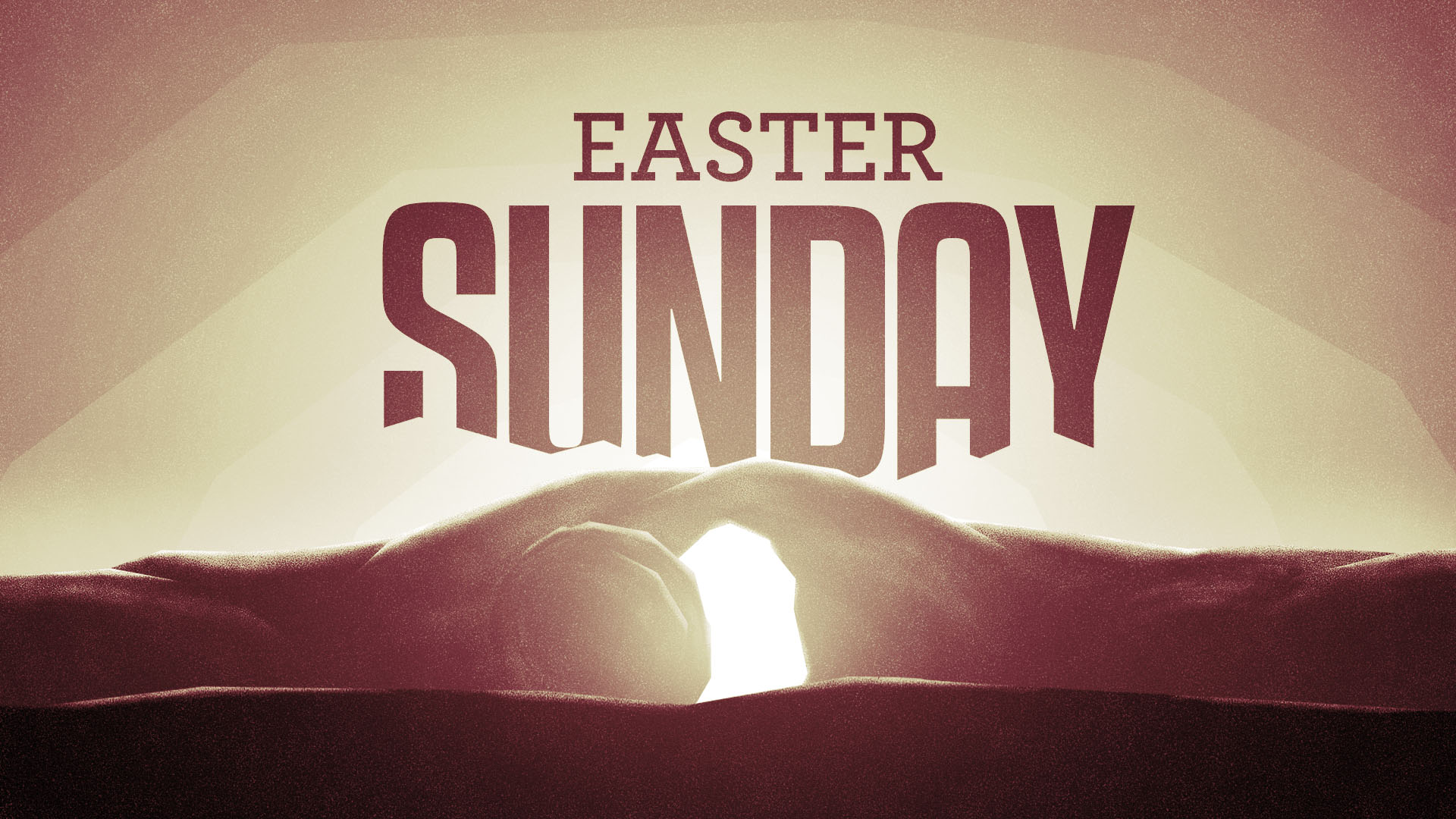
Photo: lifepointplano.org
Springtime brings themes of new life across the world, and for Christians, a big part of that is the Easter message of hope, love, renewal, peace, forgiveness, atonement, and healing. It is a time of rejoicing and rebirth, and as the Apostle Peter writes, our "new birth into a living hope”.
‘In this confused
and fragile world,
strengthen our faith,
increase our love,
and let your peace
flow through us,
that we might be
an ocean of calm
in what has become
a restless sea.’
Prayer for Easter
‘We thank you
that Easter is not about
a people,
but all people,
that your love
and your Salvation
are for all who confess
with voices, hearts and lives
that the tomb is empty
because Jesus is risen,
that we might know forgiveness,
that lives might be reborn
and your name glorified
now and for eternity.’-Faith & Worship
Easter Sunday is the time of hope, reflection, contemplation and imagination
Easter is a declaration of hope, love, and renewal in a troubled world
The Joy and the Healing Power of Light
In Search of a Better Tomorrow: Reasons for Hope In Times of Uncertainty
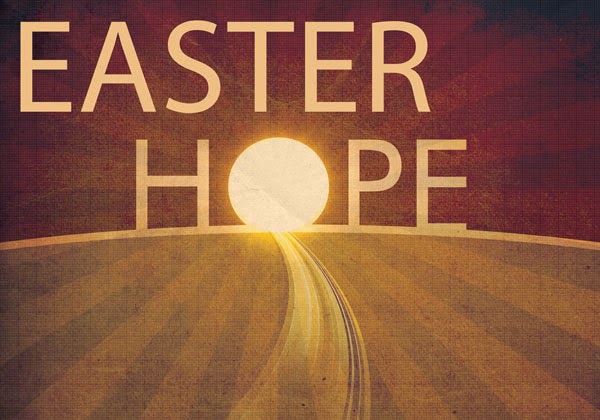
Photo:bing.com
‘Easter is a time for reflection and is a sign of hope. This period should be looked upon as a breathing space when we reflect on our lives, and certainly on the state of our nation and our world.
Anytime we reflect on life, the result may be despair, hope or anything in between.
Easter is the season when Jesus triumphed over death and despair, so at this time, we choose to be hopeful and joyful, above everything else.’
Easter Sunday, the day of hope, is also for many an important day of reflection, contemplation and meditation. It is with this hope that I want to invite you to join me and think about what kind of world we currently have, and more importantly, what kind of world we would like to build and create; remembering that:
‘The Easter story is the culmination of Jesus’ grassroots campaign against the established order with its entrenched privilege, structural inequality and coercive violence deployed by those with power to control and exclude those on the margins. He invited people into his alternative community, characterised by compassion, inclusion and solidarity with the victims of inequality, and this growing movement was recognised as a threat to the maintenance of a system that benefited the wealthy and powerful. His starting roster included people from all walks of life – activists and agitators, workers, tax collectors and religious people – attracted to his message not because he wore the right team colours but because he articulated a vision of an alternative future that resonated with their hopes and collective aspirations.’*
Thus, I hope, this Easter Sunday, we may take more than a moment to turn our minds from superficial appeals to national identity, personality politics, pseudo nationalism, selfishness and arrogance, towards something inherently more meaningful: the kind of world we’d like to create together, one guided by the principle that all people are equally worthy of sharing the prosperity, opportunity and human rights many of us take for granted.
This Easter Sunday, let's think about the kind of world we’d like to create
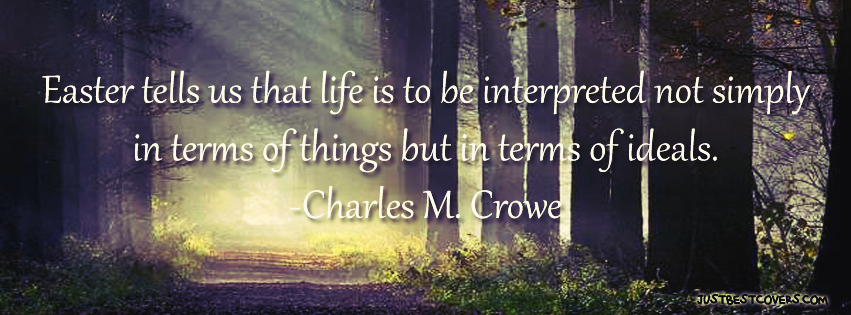
For many of us, thinking deeply and critically, the institution of government and governance has become an end in itself rather than an apparatus that assists in the pursuit of a greater goal, the common good of all. This has been tragic and disastrous, leading to the era of cynicism and mistrust. The foundation of civilisation has thus, fallen.
YOURS IS THE RIGHT AND THE POWER TO IMAGINE A NEW World
Values of responsibility, compassion, hard work, charity, community, citizenship, trustworthiness and pride in working for the common good, as well as the sense of obligation we have to one another and our sacred Mother Earth, speak to everyone and are values we all hold in common, Christians, people of other faiths or none. Thus, as we celebrate Easter Sunday, We can all be inspired by these values to guide us to build a better world.
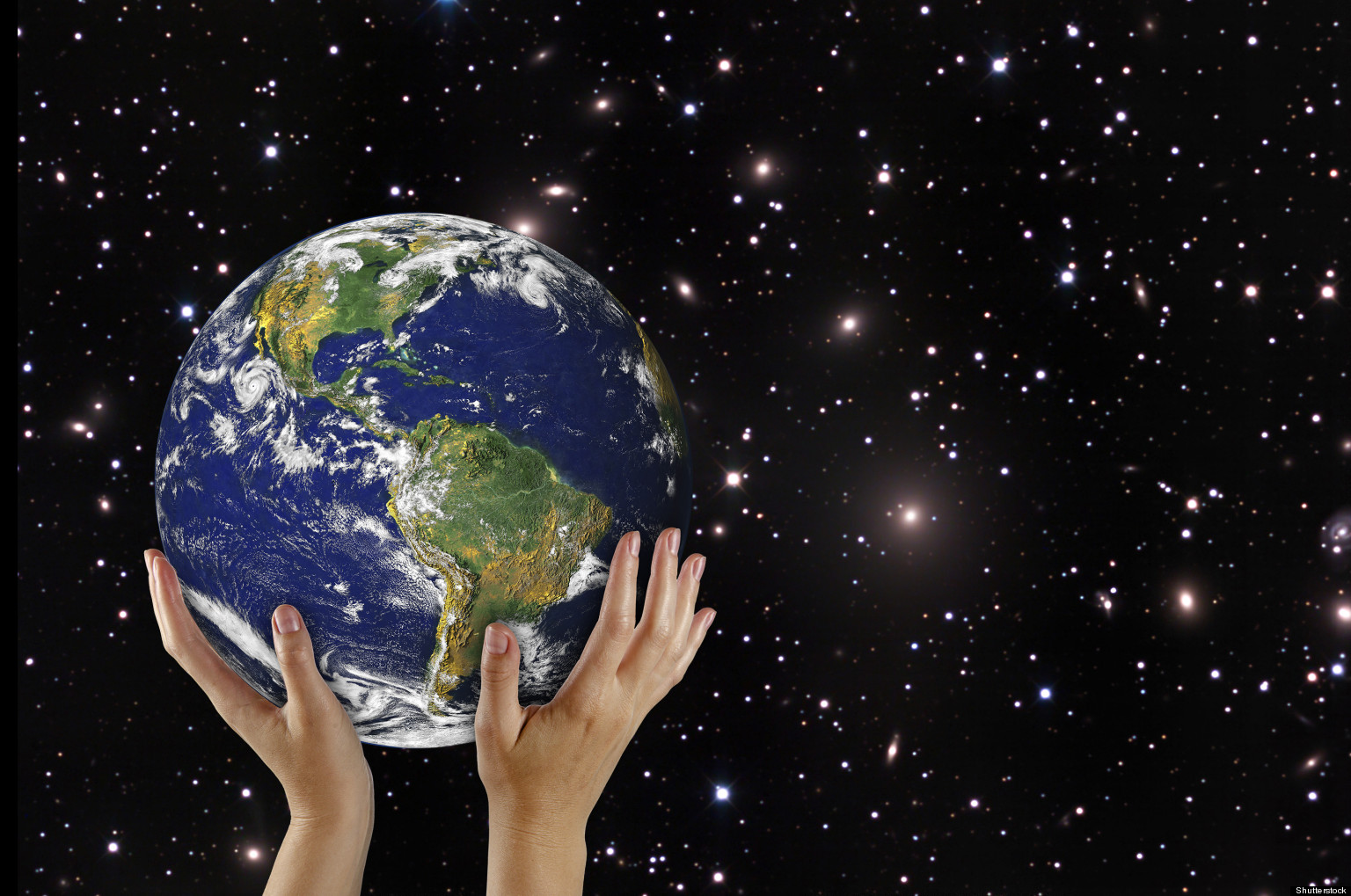
Photo:huffpost.com
In the world we wish to see, we value ourselves, and we value each other. In this new world, it is an honour to serve, where the highest good is the common good.
We should remember that, in spite of our differences, we have our humanity in common. Archbishop Desmond Tutu speaks of “that African thing, Ubuntu” – the notion that a person is only a person through other persons. A person with “Ubuntu” is open and available to others, all others, for we are incomplete without each other. Ubuntu echoes the insight of John Donne that “No man is an island ..... I am involved in mankind.” What was true for John Donne in the 17th Century is even more so today.
Therefore, let us work in cooperation for the benefit of all - instead of competition that has been so deeply entrenched in our psyche - that has turned people against one another and has destroyed every ounce of our true spiritual essence that flows through our veins as living, breathing human beings.
A core essential truth, lest we forget, is that a more hopeful story of change, based upon principles of the ‘common good’, is needed to address many of the big challenges confronting our country and world.
The practice of the common good is beginning to emerge as a transformative, inspirational and aspirational alternative way to approach our polarised socio-political/economic, spiritual and cultural existence. It is at the heart of a profound generational shift that has the potential to strengthen civil society and place human dignity at the heart of economic and political decision-making.
How can we become agents of change for the common good? How can we spark a new public conversation framed around human dignity and the common good?
In seeking to answer these and other relevant pertinent questions, and to understand the world better, we need to discover the world not just as it is, but also how it ought to be. Indeed, the deepest and most difficult questions with which we wrestle are problems of value — right and wrong, beautiful and ugly, just and unjust, worthy or unworthy, dignified or abhorrent, love or hatred, cooperation or competition, selflessness or selfishness, progress and poverty, profit and loss.
Human beings have explored these many questions of value through religion, philosophy, the creation of art and literature, and more. Indeed, questions of value have inaugurated many disciplines within the humanities and continue to drive them today. Questions and conversations about values and valuing are fundamental to what it means to be human, but rarely become the subject of explicit public reflection.
In short, if we want to realise anything good in life, including any goals we may set for ourselves, we must begin, first and foremost, by focusing on some fundamental and enduring questions of human meaning and value. Questions such as:
- What does it mean to be human?
- What does it mean to live a life of meaning and purpose?
- What does it mean to understand and appreciate the natural world?
- What does it mean to forge a more just society for the common good?
By their very nature, these questions involve thought and discussion around spirituality, ethics, morals, faiths and values.
This means that our lives are connected not only to knowledge, power and money, but also to faith, love and wisdom. Unless the questions we ask encompass the full spectrum of these emotions and experiences, we are unlikely to find the answers we are looking for, or to understand them in any depth, let alone solving problems and attaining goals.
The future is full of risk and perils for our planet and all peoples. If we are to survive we must surely build cultures of peace, justice, kindness, and trust, and we must walk together to face the future. The journey, for sure, will be much more secure and fruitful if we begin to walk the walk together for the common good.
Imagine a political system that puts the public first. Imagine people of good will, heart and spirit get elected to serve in public office, rather than the selfish, arrogant demagogues. Imagine the economy and markets serving people rather than the other way round. Imagine us placing values of respect, fairness, interdependence, and mutuality at the heart of our economy. Imagine an economy that gives everyone their fair share, at least an appropriate living wage, and no zero-hour contracts. Imagine where jobs are accessible and fulfilling, producing useful things rather than games of speculation. Imagine where wages support lives rather than an ever expanding chasm between the top 1% and the rest. Imagine a world capable of supporting everyone’s needs, and which says no to greed. Imagine unrestricted access to an excellent education and healthcare. Imagine hunger being eliminated, no more food banks and soup kitchens. Imagine each person having a place he/she can call home. Imagine all senior citizens living a dignified and secure life. Imagine all the youth leading their lives with ever-present hope for a better world. Imagine a planet protected from the threat of climate change. Imagine a world of no wars and conflict, a world of peace and justice, a world of kindness and fairness. That’s the world I wish to see and I believe we have the means to do it, if we all take action in the interest of the common good.
Easter is HOPE: As far back as the 6th century BC, the Greek poet Theognis of Megara said: “Hope is the one good god remaining.”
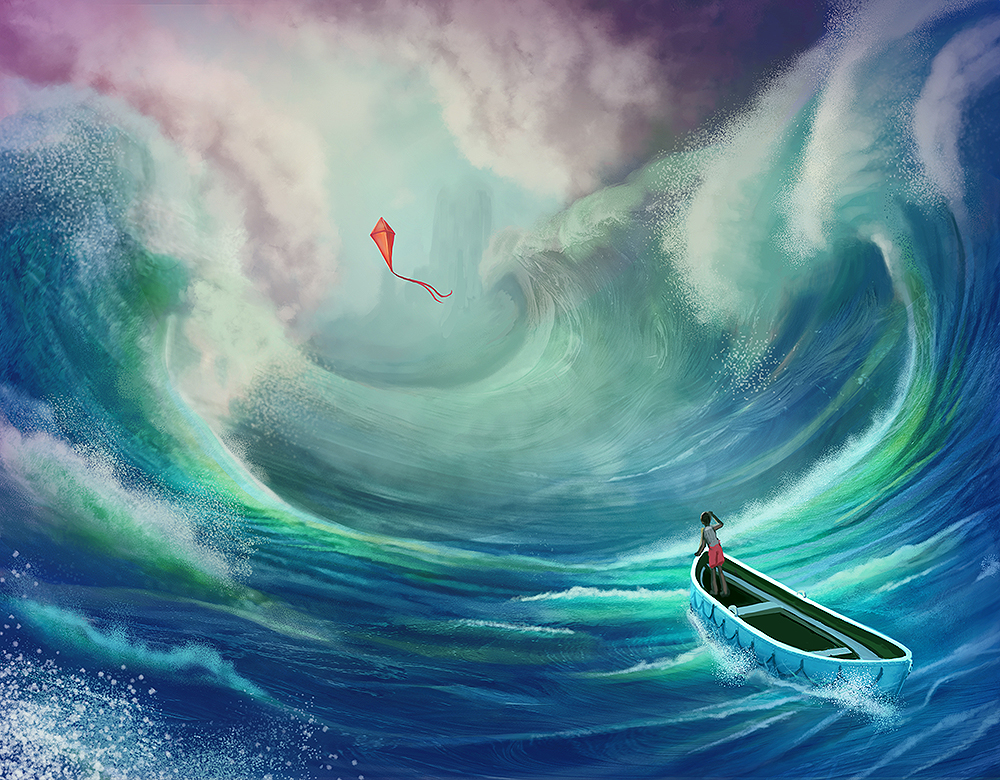
For photo credit see: Hope is truly what the world is craving for this Christmas
As the poet Theo Dorgan reminds us, hope is a profound act of imagination, the most important and the most neglected of the civic virtues. In the face of the present societal and global crises we can lie down in despair, or we can choose hope — which means placing all our faith in each other and in the boundless capacity of the imagination to reinvent circumstance, to establish new truths.
We are no mean people. We have hearts and minds, we care for each other still, we have our dreams — and in dreams, as the poet Delmore Schwartz once said, “in dreams begin responsibilities”. It falls to us, this Easter Sunday, to assume the responsibility of dreaming a new world.
I exhort you to imagine what we can achieve together if we allow such a vision of values to guide our choices from this day onwards.
*Excerpt from an article by Brad Chilcott via The Guardian, 19 April 2019
See also:
Music for Hope on Easter Sunday from Milan Cathedral
My poem of the Month: Springing back in April with a Renewed Sense of Hope and Optimism
